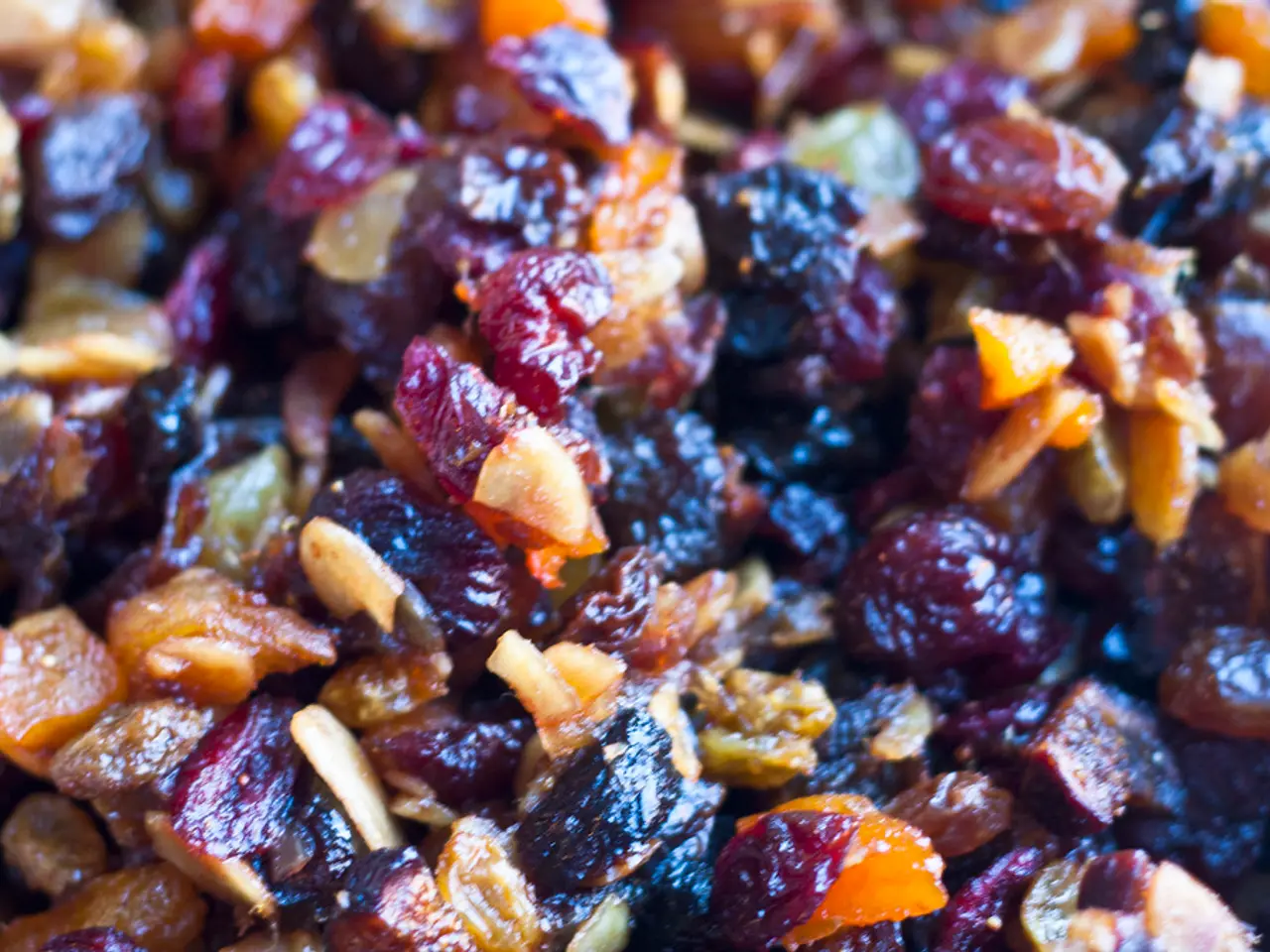Dietitian Lebedeva explains why some individuals experience post-lunch sleepiness
Post-lunch drowsiness is a common issue faced by many individuals, causing a dip in productivity and energy levels during the afternoon. To combat this, Associate Professor Anastasia Lebedeva of ROSBIOTECH University offers some practical advice.
Food Choices
Prof. Lebedeva recommends opting for balanced meals that include proteins, healthy fats, and complex carbohydrates. These types of foods provide steady energy release, helping to avoid the energy crash that can come from heavy, carb-rich, or sugary meals. It's also crucial to avoid overeating, as large portions can increase sleepiness. Incorporating foods rich in fiber and micronutrients further supports energy release throughout the day.
Physical Activity
Engaging in light physical activity after lunch, such as a short walk or gentle stretching, can help stimulate circulation and alertness without causing fatigue. Prof. Lebedeva advises avoiding sedentary behavior right after eating to prevent sluggishness.
Potential Health Checks
If post-lunch drowsiness is persistent and severe, Prof. Lebedeva suggests consulting a healthcare provider for further evaluation. Health checks may include screening for conditions like anemia, thyroid dysfunction, or sleep disorders that can contribute to excessive daytime sleepiness. Assessing lifestyle factors such as sleep quality, hydration, and stress levels is also important in managing energy levels throughout the day.
In addition, Prof. Lebedeva suggests limiting the intake of sweets and simple carbohydrates, as they can cause a spike in blood sugar, leading to the pancreas releasing insulin and lowering blood sugar levels, resulting in sleepiness. Simple carbohydrates can also interfere with the body's production of serotonin, a mood-regulating hormone, which can further contribute to feelings of drowsiness.
Prof. Lebedeva also suggests avoiding foods like milk, turkey, and bananas, as they convert serotonin into melatonin, a "sleep hormone". It's best to consume these foods earlier in the day to avoid any potential impact on afternoon energy levels.
Lastly, Prof. Lebedeva emphasizes the importance of proper hydration in avoiding fatigue. Staying well-hydrated is essential for maintaining energy levels and overall health.
In summary, Prof. Lebedeva's advice for combating post-lunch drowsiness involves mindful eating, moderate activity, and medical evaluation if needed. By making these changes, individuals can effectively reduce post-lunch drowsiness and improve their productivity and energy levels throughout the day. For more information on how carbohydrates at night affect sleep, click here.
Science plays a significant role in combating post-lunch drowsiness. A healthy diet, rich in proteins, healthy fats, complex carbohydrates, fiber, and micronutrients, can provide steady energy release and prevent energy crashes. Nutrition plays a crucial part, as limiting the intake of sweets, simple carbohydrates, and certain foods like milk, turkey, and bananas can help maintain energy levels and avoid feelings of drowsiness. Additionally, engaging in fitness-and-exercise, such as a short walk or gentle stretching, can stimulate circulation and alertness after lunch.




